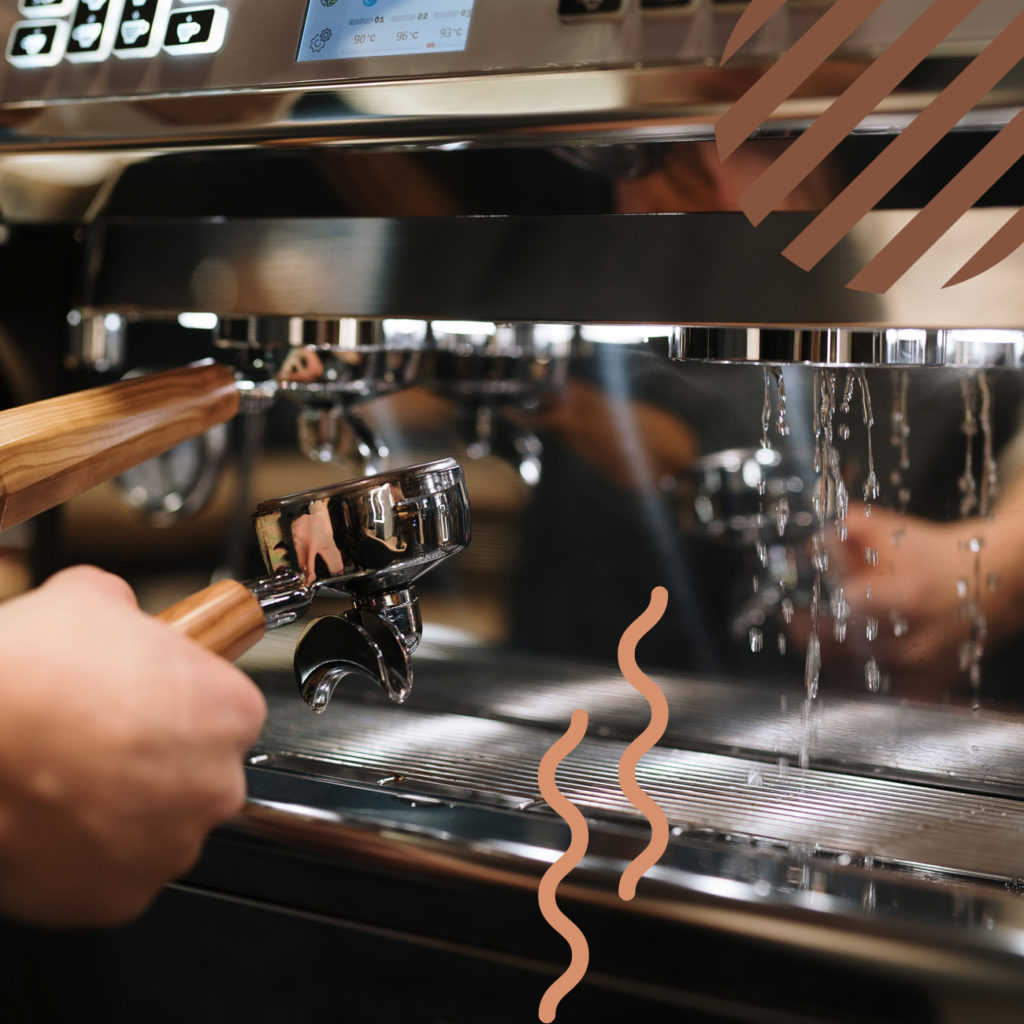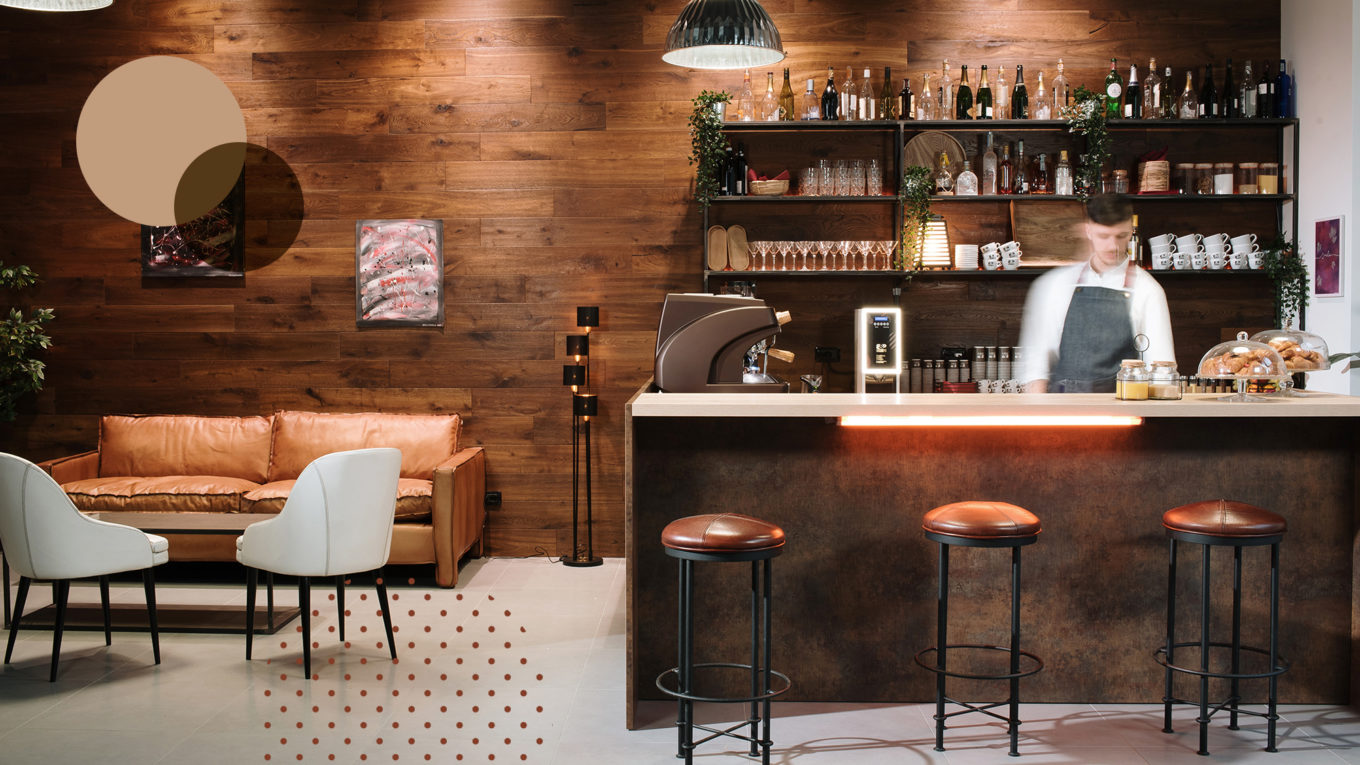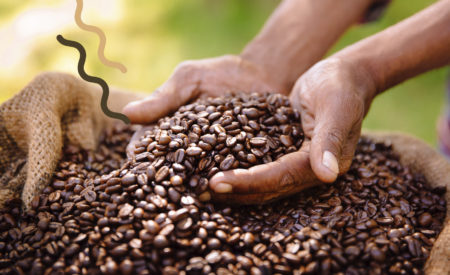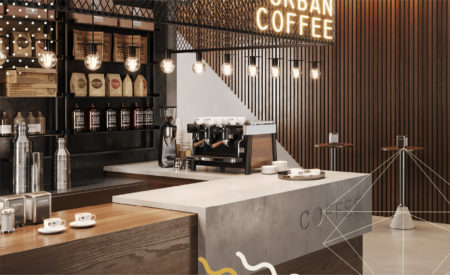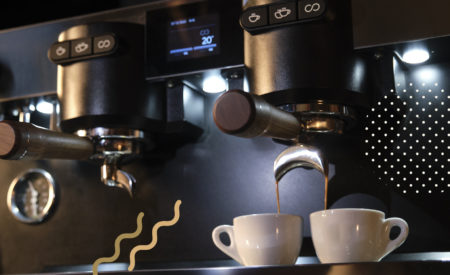While choosing the right coffee blend is important, water also plays a part in preparing the perfect Italian espresso. If you are unsure how big of a part it actually plays in the outcome, then you’re in the right place.
In this article we’ll look at why different water types result in a different outcome (hint: chemistry!) and what the standards are for brewing specialty coffee.
Water shouldn’t be an afterthought even if it seems like a little detail, because it makes all the difference. If you want returning customers that enjoy your beverages time after time, you should pay just as much attention to water as you pay to choosing the best coffee beans. Keep reading to discover our top barista’s tips for water quality.
How does water affect coffee taste?
Water makes up to 90% of an espresso, so you can see why you’ve got to nail this component too. The compounds you find in water react to coffee in different ways, for example magnesium extracts more flavour from a coffee bean. Distilled water, on the other hand, doesn’t pull coffee’s aromatic notes just as much.
Commercial-grade machines connect to the water tap so it’s essential to invest in a filtration system that regulates the quality of water and makes it ideal for coffee.
What is the best water for brewing espresso?
Coffee shop owners and baristas aiming to offer high-quality coffee should absolutely get an efficient filtration system that’s designed for specialty coffee and for espresso in particular. Not only these systems will make your coffee taste good but they will also prevent your machine from getting ruined over time because of scale.
The best water for espresso has the following characteristics:
- Clear
- Odor-free
- Without chlorine
- General hardness between 60 and 120 mg
- Temporary water hardness between 40 and 80 mg
- A neutral pH of 7
Brewing coffee is an art as much as it is science, which is why experts collated useful tables with even more coffee standards you can refer to as needed.
Make sure you test the water every 2 weeks using the drop kit provided by the filtration system installer, on top of that you can of course go old school and taste your coffee every day too! You also shouldn’t skip on maintenance and make sure to regularly change the filters, the installer is an ally and can give you guidance on how to obtain the best results.
